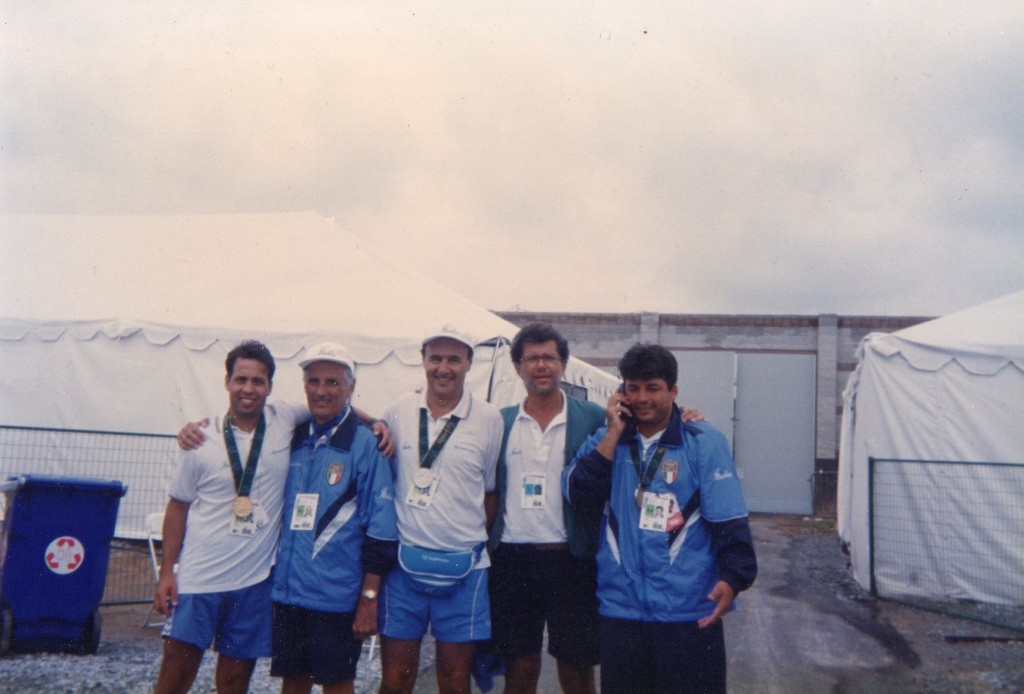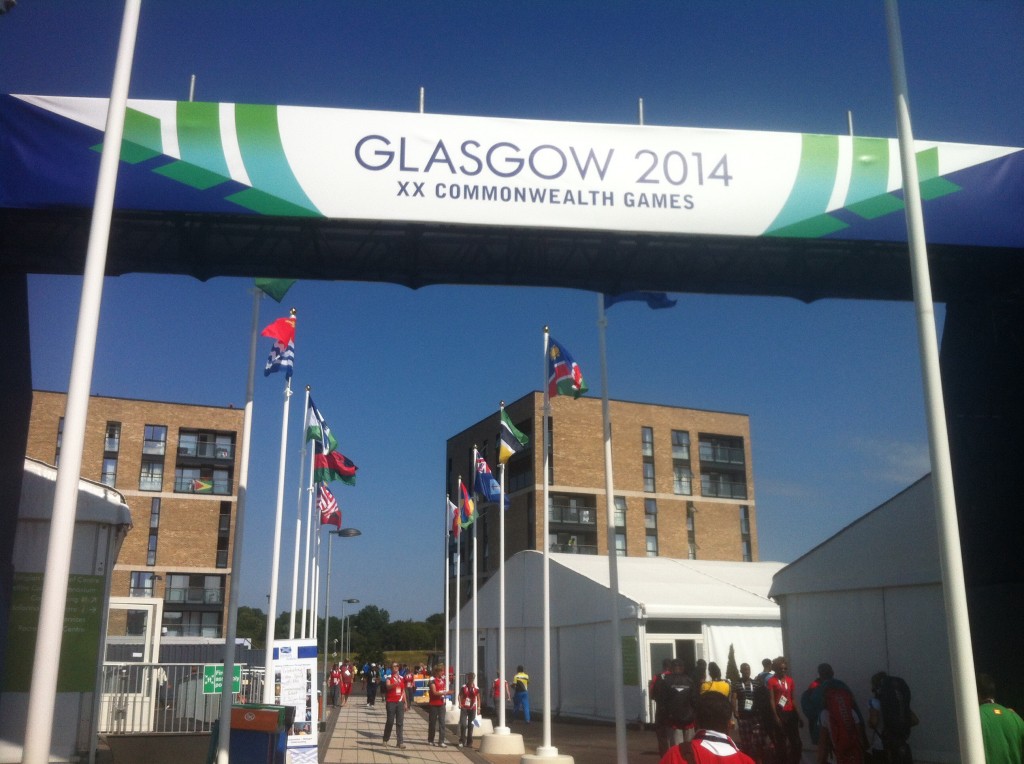I gladly post this article by John Nassoori on the role of mental coaches in contrast to that of sports psychologists in English soccer and rugby.
What does a ‘mind coach’ do? It’s a question that was raised in June, when Bath Rugby Club announced that Don Macpherson – known as the ‘Monkey Whisperer’, according to Macpherson’s website – had joined their management team.
The appointment sparked something of a social media backlash, with a number of psychologists questioning Bath’s decision to appoint someone who, at the time of writing, is not listed on the UK’s Health and Care Professions Council (HCPC) register. You can get a flavour of the response to the club’s announcement from the tweets below:
The posts provide a snapshot of a view long held by accredited psychologists. The British Psychological Society’s Division of Sport and Exercise Psychology has received anecdotal feedback from members who “are very unhappy there is not more regulation.”
According to one psychologist I spoke to – who has worked with footballers that have received unregulated psychological support – the impact of an intervention by an individual not listed on the HCPC register can be profound. Indeed, the practitioner I discussed the matter with said they believed the experience had made players wary of seeking further mental health support.
It’s worth saying at this point that there were some prominent supporters of Macpherson’s appointment (and that the intention of this article is to shed light on an industry issue, rather than focus on a specific appointment). Indeed, current and former England internationals tweeted their appreciation of the news:
So, do unregulated psychologists pose a problem for English football? Well, before answering the question, it’s probably prudent to point out that this debate is only made possible by the paucity of regulation governing psychology provision across the domestic game.
English clubs with Category One Academies are required to employ a full-time psychologist either on the HCPC register or on one of the ‘approved training routes’ (overseen by The British Association of Sports and Exercise Sciences (BASES) and the British Psychological Society) to support young players.
But Wycombe assistant manager Richard Dobson, who, in 2012, established an academy psychology programme described as the ‘biggest in Europe’ by the FA’s former Head of Psychology, believes the rules provide too much leeway for top clubs.
“What I’m seeing now is a lot of people that are recently qualified from university going into jobs at clubs to tick boxes, because the Elite Player Performance Plan says you have to have a psychologist,” he said, speaking to The Football Psychology Show in September 2021.
Dobson also criticised the salaries offered to psychologists employed as a result of EPPP regulations.
“So, they (the clubs) go, ‘Well, we’ve we bought one in – although we are paying them peanuts – but we’ve got one, so we are doing psychology now’, but they’re not. It’s not as simple as that. You have to understand psychology at a far deeper level.”
Perhaps of even greater concern is the regulation – or lack thereof – governing psychology provision at first-team level. There is currently no stipulation for Premier League or Football League teams to hire an accredited psychologist when enlisting support for their senior players.
“It’s often less about your qualification and more about who you know,” said Kristin McGinty-Minister, who I spoke to in 2021, after she’d finished a 12-month placement as a trainee psychologist for a Championship club.
“Of course, every industry has a bit of that going on, but it’s important that doesn’t happen in psychology. Everything that we’ve seen over the past year demonstrates that.
“But there are some people making industry-standard (pay), who don’t have the right training. There are a lot of ‘mental coaches’, who go into clubs, receive paycheques and don’t do a great job because they’re not exactly sure what they’re doing. That then makes sports psychologists look like they don’t know what they’re doing because there’s not a lot of education about who does what.”
McGinty-Minister’s concerns were echoed by Bob McCunn, Hearts’ Head of Performance, who also stressed that clubs are sometimes ill-prepared to recruit accredited psychologists.
“There are many people, including those recruiting psychologists, who probably don’t know that ‘sport and exercise psychologist’ is a protected title or that there is an accreditation pathway, which is very frustrating because there are lots of people out there who aren’t qualified, but who will try and work in this space,” said McCunn, speaking in late 2021.
“I think if there is a pathway to becoming chartered and someone just chooses not to do it and tries to get into the industry anyway, it’s not good enough, in my opinion.”







